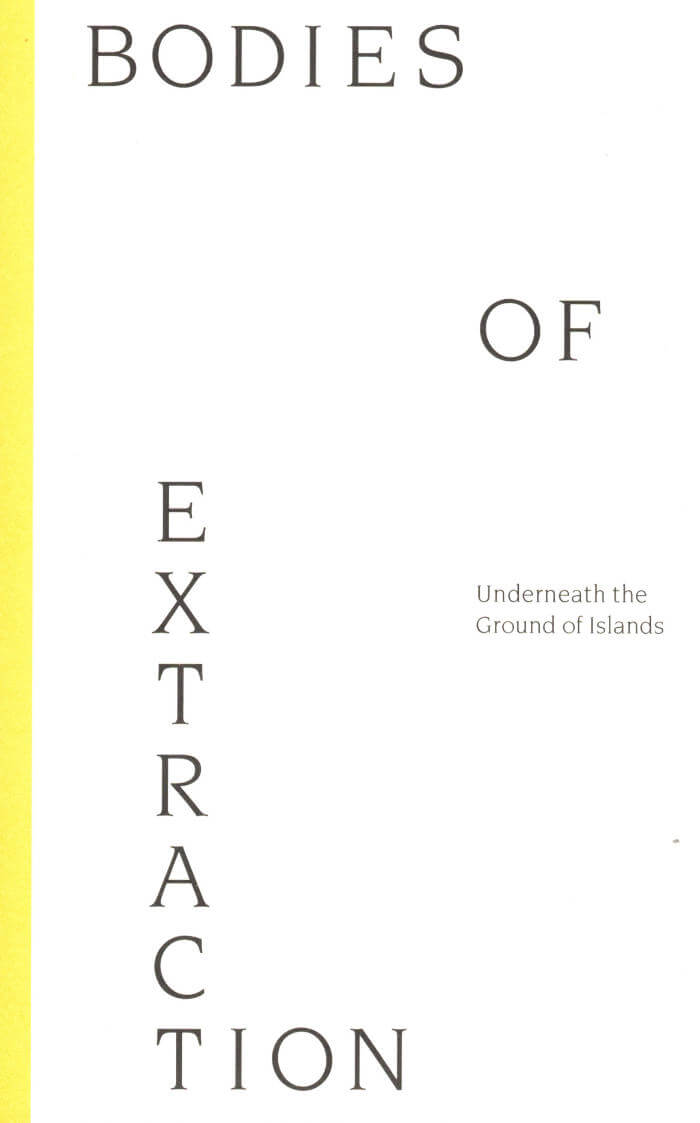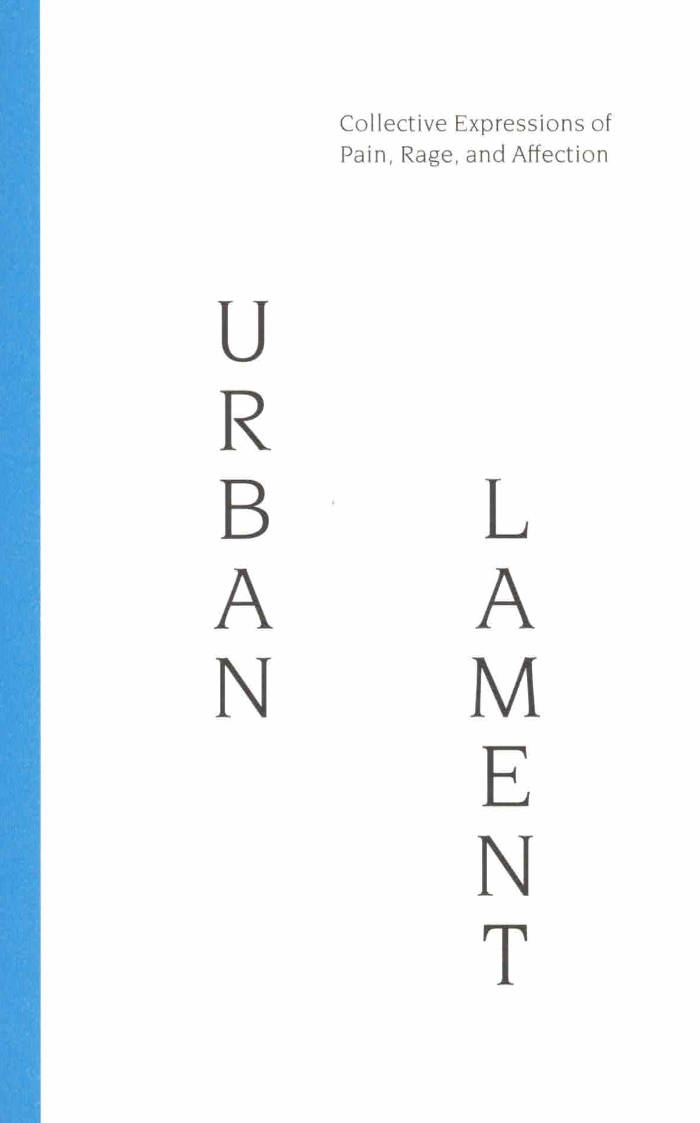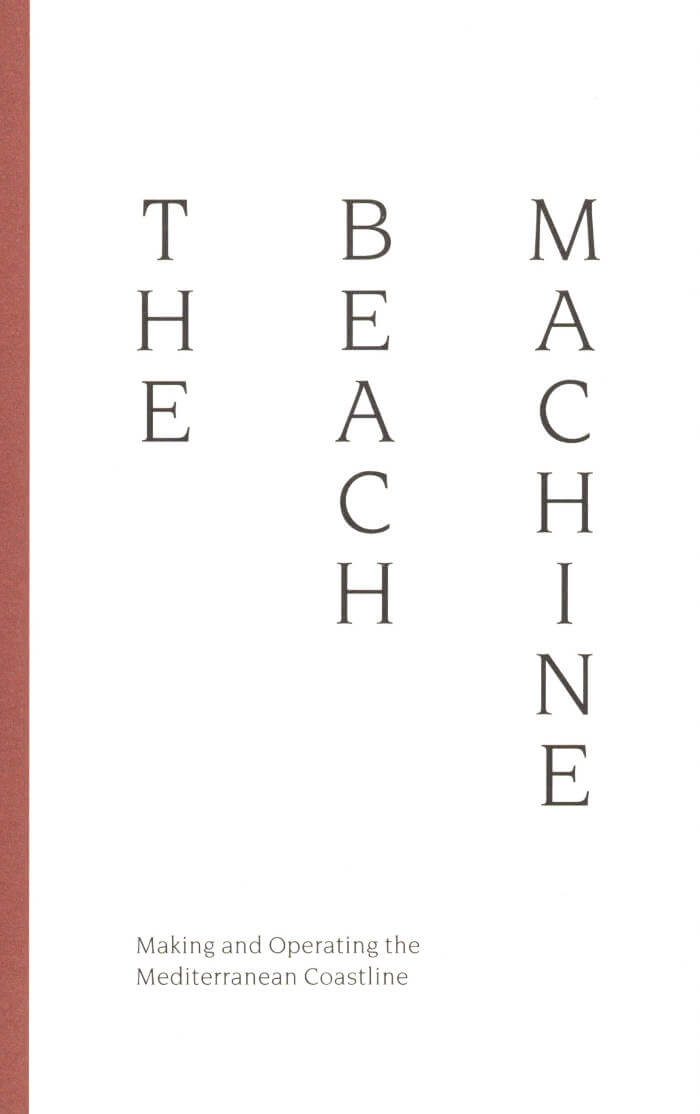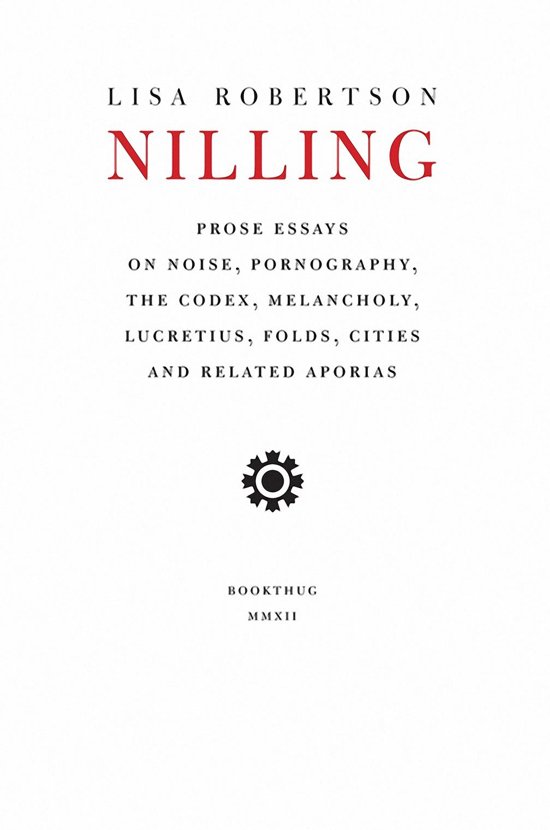
Free Love Paid Love
Juan Duque, Nicolas Lakiotakis, Dimitra Kondylatou, Denis Maksimov
Nowhere in Cycladic culture has love been defined in a singular all-encompassing manner. Forces of attraction, affection, connection, and relation were ascribed in a plurality of ways. Through symposia in Delos, the tax haven of antiquity, 17th-century transactions of love involving pirates, slaves, and Mykonians; naturist communities reliving sexual freedom in the 1960-70s and 21st-century tourists quest in search of love, free or paid; this book gathers fragments of expressions of affection across Mykonos island. Mykonos has long defined itself as a self-ruling place far away from realities lived elsewhere.
CONTENTS
Transactions of Love
by Nicolas Lakiotakis
To Watch every Sunset as if it was the Last One
by Juan Duque
Faces of Love
by Denis Maksimov
Professional Hugs
by Dimitra Kondylatou







